Ever since July 1, 2004 – when China’s State Food and Drug Administration announced it would restrict the sale of over-the-counter antibiotics – purchasing such medication in China without a prescription should have been illegal.
‘Superbugs’ – the terrifying new strands of invincible bacteria popping up in pig farms and hospitals from China to the Unites States – should never have existed.
But the law was never enforced to the degree that many, including the World Health Organization (WHO), expected. Today, when you stroll into any street-side pharmacy in China asking for kangshengsu (antibiotics), many pharmacists will greet you with a smile, show you an array of bacteria-fighting drugs and advise you to refer to the directions inside the box.
“I’m always kind of surprised when I go into a pharmacy at a grocery store here and there’s all this medication available that I was under the impression you needed a prescription for,” says Dr. Kate Gaynor, a board-certified family medicine physician at United Family Guangzhou Clinic. “It’s definitely not legal for someone to walk into our clinic and buy an antibiotic without a prescription.”
Just how easy is it to illegally obtain a pack of antibiotics over the counter? On a Thursday evening in December, we decide to give it a try.
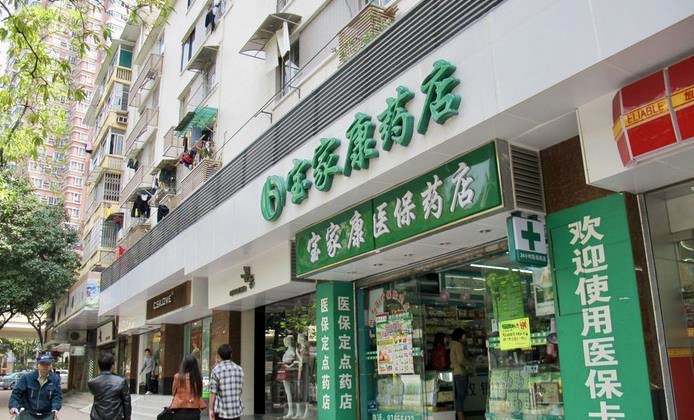
Walking into Baojiakang Pharmacy in Yuexiu District, Guangzhou, we approach a young technician and tell her we’re suffering from a bad chest cough and need medication.
“Have you had it for more than two days?” she asks, eyes shifting between our melodramatic pout and the shelves of antibiotics below. We nod.
“Then it must be an infection. You can try azithromycin, which will help clear your bronchial passageways.”
She’s right: azithromycin, better known as zithromax in the West, does treat respiratory infections – provided that’s what one actually has. Without an informed diagnosis, however, the medication may do more harm than good.
Misdiagnoses are not uncommon in China. According to Guangzhou-based pharmacist Sherry Lai, drugstores didn’t require a licensed pharmacist to be present until a few years ago. And even now, some are more concerned with the price of a medication than its effectiveness.
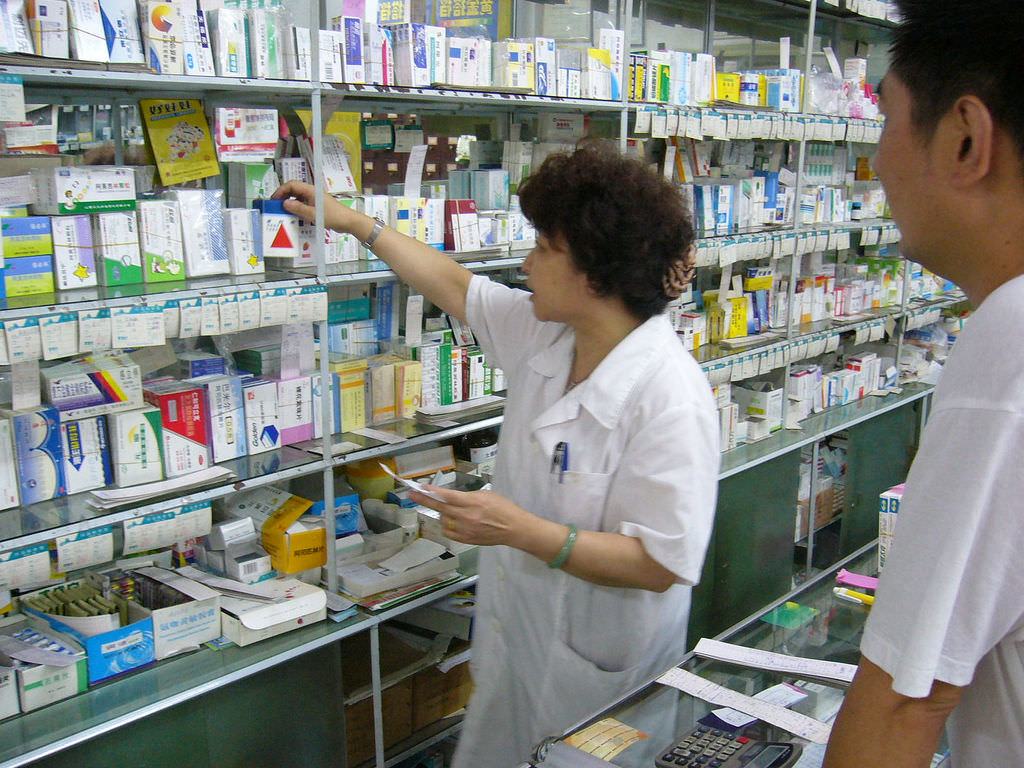
“In local pharmacies in China, some may try to sell you a more expensive medication because they need to earn a profit in order to compete with all the other pharmacies on the street,” says Lai.
Since last year, however, she says the government has started offering guidance to pharmacists and doctors in an effort to curb antibiotic overuse. Lai is required to report her clinic’s antibiotic usage every season, including the number of antibiotics prescribed each day.
“I think antibiotics are actually regulated quite well,” she says. “There’s more and more medication information available online and on TV, so more people know it’s not good to abuse antibiotics.”
That may be true, but the problem still persists in areas where information about medications is not readily available. In small, village clinics, for example, pressure from uninformed patients may even lead doctors to prescribe antibiotics against their better judgment.
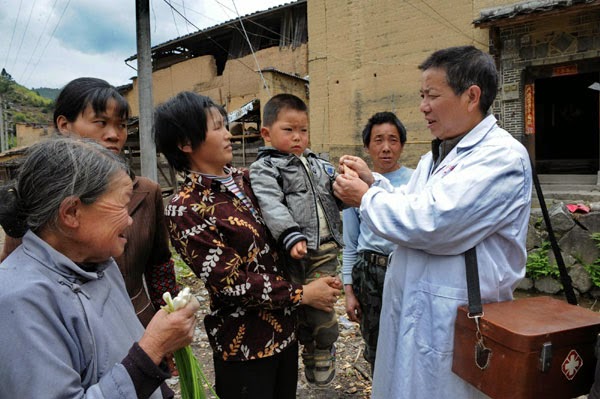
“When they [parents] come to the village clinic, most of them ask for the best medicine for their children. Sometimes, I think that antibiotics are unnecessary and I explain this to them. But they insist on their own opinions. Sometimes, they even quarrel with me. In this case, what else can I do? I can only prescribe antibiotics to them,” a village doctor in Xianning, Hubei Province, is quoted as saying in a study published in Medicine (Baltimore) in June 2016.
According to a survey commissioned by the WHO in November 2015, 61 percent of respondents in China thought antibiotics were effective against colds and flu, despite the fact that antibiotics have no impact on viruses. Many Chinese families admit to keeping ‘Toubao,’ or Cefaclor (a class of broad-spectrum antibiotics), in their medicine cabinets to use as a common cold remedy.
Taking antibiotics in the absence of a bacterial infection isn’t merely ineffective, however; it could also wipe out the body’s ‘good bacteria’ (the kind naturally found in one’s gut that helps make vitamins and boost immunity) and contribute to fatal antibiotic resistance.
Mainlanders have already been found to carry far more antibiotic-resistant genes in their gut microbes than Europeans, resulting mainly from antibiotic overuse, environmental pollution and exposure to affected livestock.

In one particularly jarring study released last year by Fudan University, traces of at least one type of antibiotic were found in the urine samples of 80 percent of a pool of 505 schoolchildren in Shanghai, China’s modern hub.
Such cautionary statistics came to a head in November 2015, just as the WHO was launching its first ever World Antibiotic Awareness Week, when researchers discovered a superbug gene in both humans and livestock in South China.
Dubbed ‘MCR-1,’ the gene proved to be resistant to colistin, a harsh antibiotic considered the “last line of defense” in fighting powerful bacteria.
A team of researchers at South China Agricultural University found MCR-1 in 20 percent of the sampled pigs and 15 percent of raw meat in wet markets in Guangzhou, as well as in 16 of 1,322 E. coli samples collected from patients at two Chinese hospitals in Guangzhou and Zhejiang.
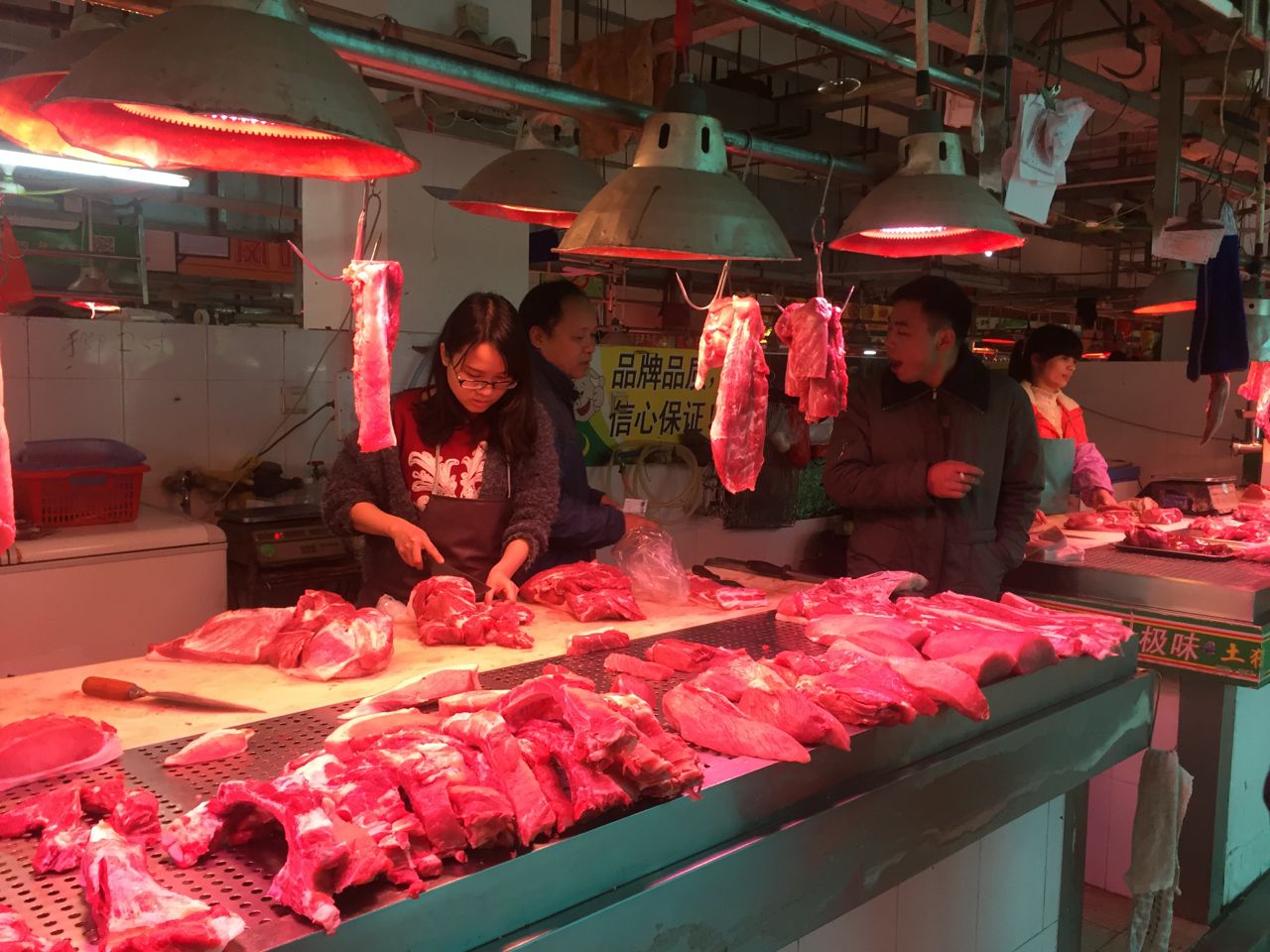
Since 2011, MCR-1 has also been found in human samples from countries in Southeast Asia and Europe, as well as in Japan and the US.
The emergence of the superbug gene was a much-needed wake up call for the entire international community but especially for China, which consumes roughly half of all antibiotics worldwide, with consumption on the mainland evenly split between humans and animals.
In August 2016 – just nine months after the study came out – China’s National Health and Planning Commission introduced a National Action Plan to Contain Antimicrobial Resistance.
Stricter regulation is at the heart of the five-year plan, which aims to “optimize the surveillance networks of antibacterial agents consumption in both healthcare and food animal sectors.” It also hopes to boost awareness of safe antibiotic use among healthcare professionals, livestock farmers and even primary- and secondary-school students.
"We are delighted to see the release of China's National Action Plan, which sets out a clear multisectoral approach for keeping antimicrobial agents - our most relied upon drugs - effective for as long as possible," Dr. Bernhard Schwartländer, WHO representative in China, lauded in an official statement soon after the plan was released.
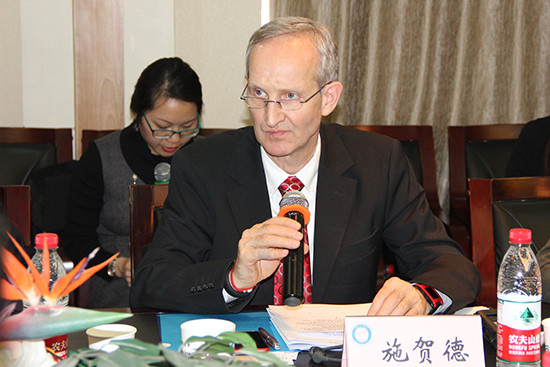
Other experts claim China has been well on its way to decreasing antibiotics use since 2012. Xiao Yonghong, a professor at the Institute of Clinical Pharmacology at Peking University, told China Daily that a surveillance network of drug use linking large hospitals nationwide has been functioning effectively for years now.
“Antibiotic use dropped by 40 percent by the end of last year," Xiao declared in May 2016. “The Chinese government recognized the challenges and implemented measures starting in 2012 to tackle that.”
If this is indeed the fourth year antibiotics have been heavily regulated on the mainland, perhaps our experience at Baojiakang Pharmacy was an exception to the norm. To be sure, we inquired about purchasing kangshengsu at two other pharmacies in Taojin area of Guangzhou, both of which refused.
“Sorry,” a representative at the first drugstore told us. ”You need a doctor’s note for that… you could be seriously allergic.”
“We haven’t sold those over the counter since last year,” a pharmacist at the second branch responded. “They’re heavily regulated now.”
Why is the standard so different at pharmacies within two kilometers of each other? And how many people have found ways to take advantage of the glaring gaps in regulation?
No one we speak to dares tackle those questions, stressing instead that China is “still developing” and sound regulation will, one day, be achieved.
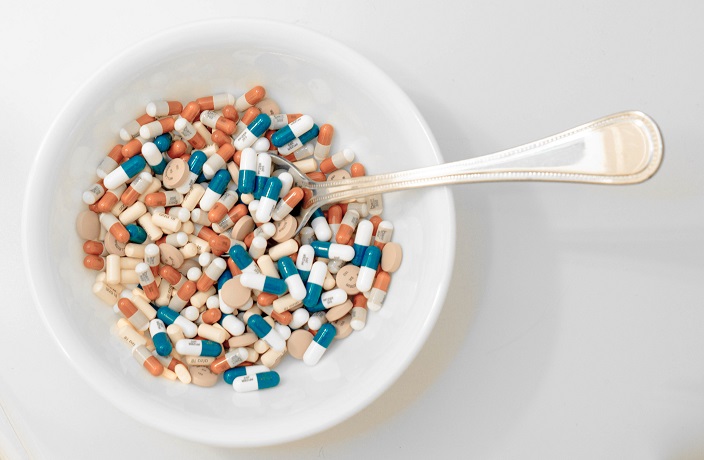




















0 User Comments